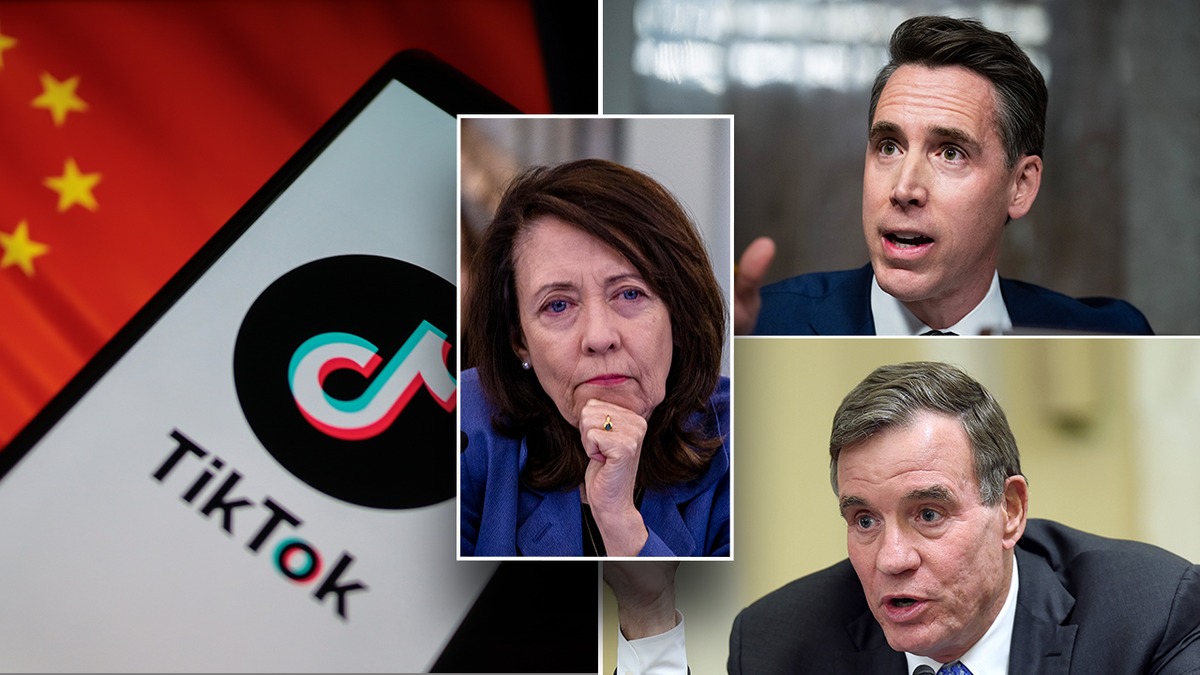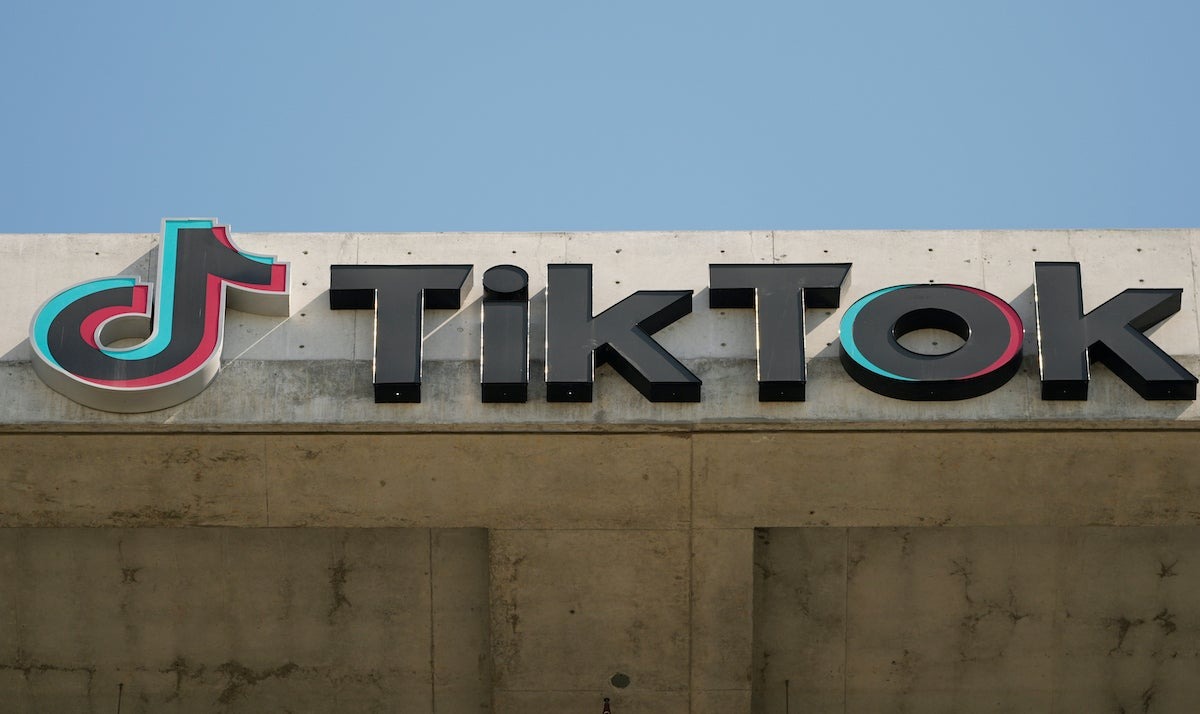Senators from both parties are expressing concern and criticism after Sen. Maria Cantwell dampened expectations about the House-passed bill requiring TikTok to divest from China reaching the Senate floor. Sen. Josh Hawley called Cantwell’s comments predictable, given her position as chairwoman of the Senate Committee on Commerce, Science, and Transportation.
Cantwell’s approach involves public hearings on the TikTok bill, raising doubts about its judicial viability. She believes the bill needs improvement and expressed interest in her proposal, the GUARD Act, which empowers the Department of Commerce to regulate apps owned by foreign adversaries without mandating divestment from China.

Bipartisan Senators Hints at Failure for the TikTok Bill (Credits: Fox News)
Sen. Mitt Romney criticized this stance, emphasizing national security concerns. Sen. Chuck Grassley argued that the bill is designed to prompt swift court action. Senate Select Committee on Intelligence Chairman Mark Warner supported the House bill’s approach, stating its constitutionality and legal sufficiency.
Despite concerns, Sen. John Fetterman reiterated the need for a vote on a bill addressing TikTok’s Chinese government ties. Hawley pointed to potential Big Tech influence in stalling the bill’s progress, highlighting the lobbying efforts against it. Reports of former Cantwell staffers lobbying for TikTok raised questions about conflicts of interest.
While TikTok did not comment, Hawley indicated a willingness to push for a Senate floor vote through unanimous consent if the Commerce Committee delays the bill. This situation underscores ongoing debates about national security, technology regulation, and corporate influence in policymaking.

TikTok Ban (Credits: The Intercept)
Senators Warner and Fetterman expressed optimism about eventually bringing the TikTok divestment bill to the Senate floor, citing national security concerns and strong support for the measure. However, Sen. Schumer’s response remains unclear, raising questions about the bill’s future in the Senate.
Sen. Rounds emphasized the importance of addressing the national security threat posed by TikTok, either through divestment or finding alternative solutions. The decision to advance the bill finally rests with Senate Majority Leader Schumer, whose stance on the issue remains undisclosed.























